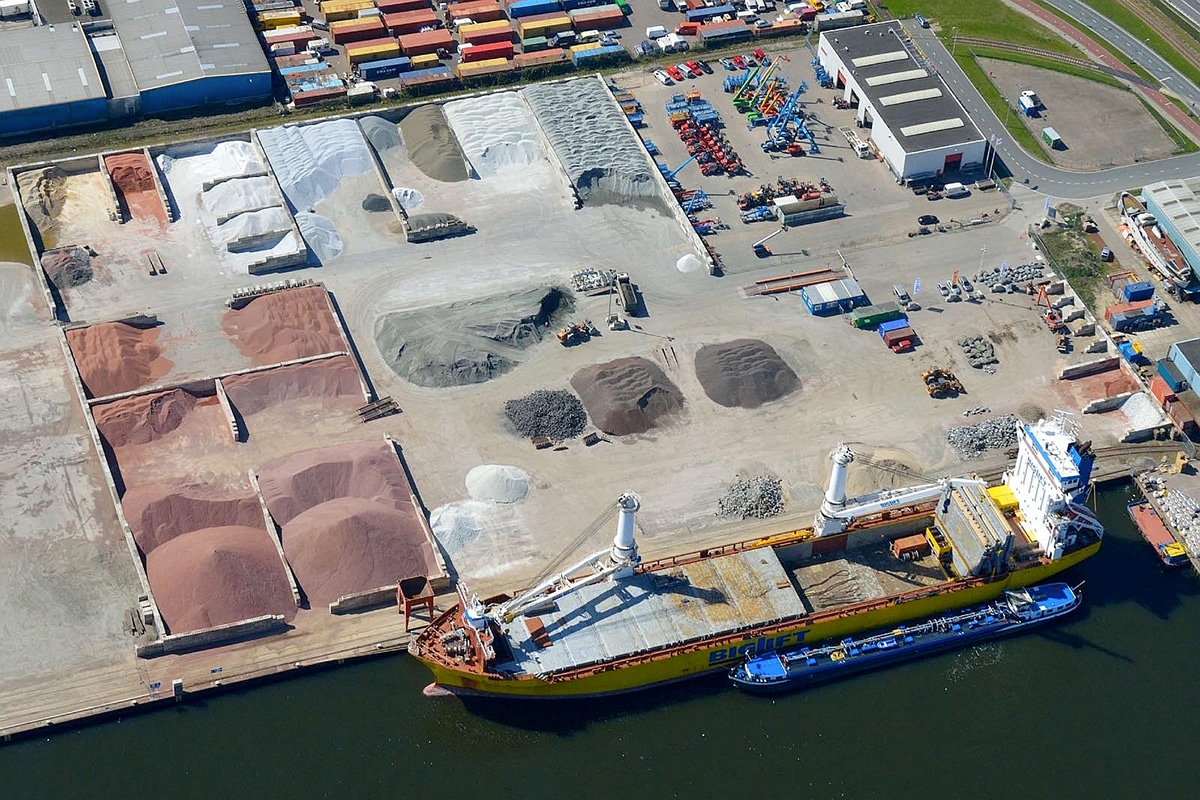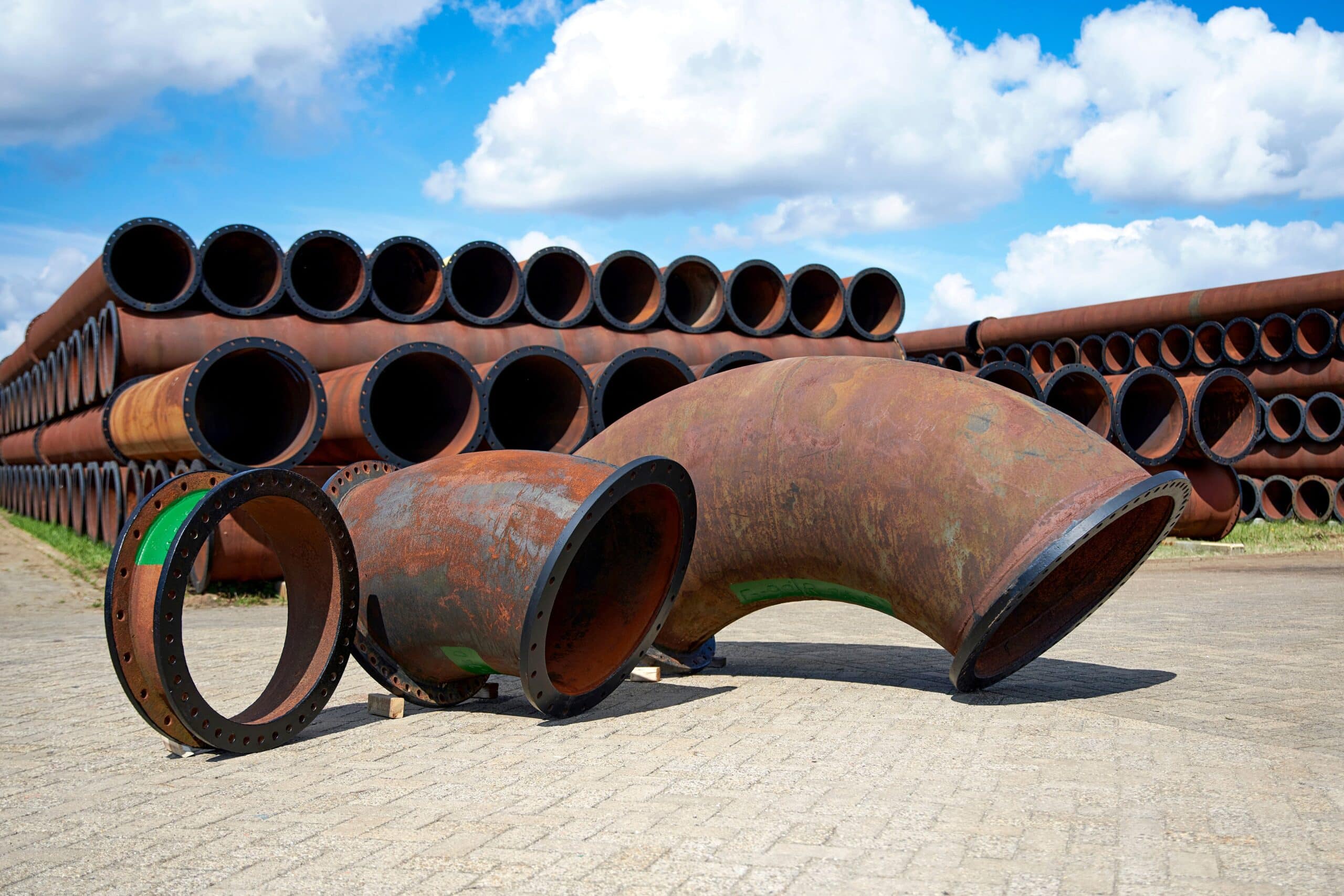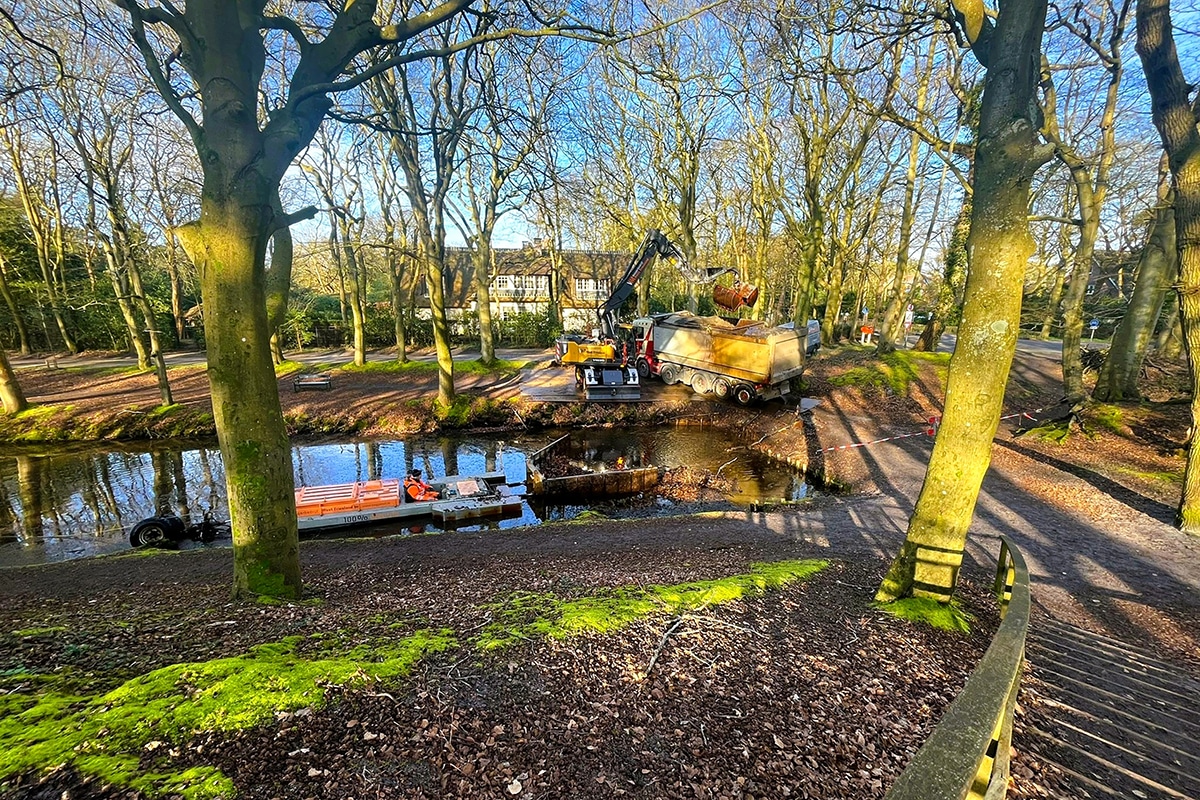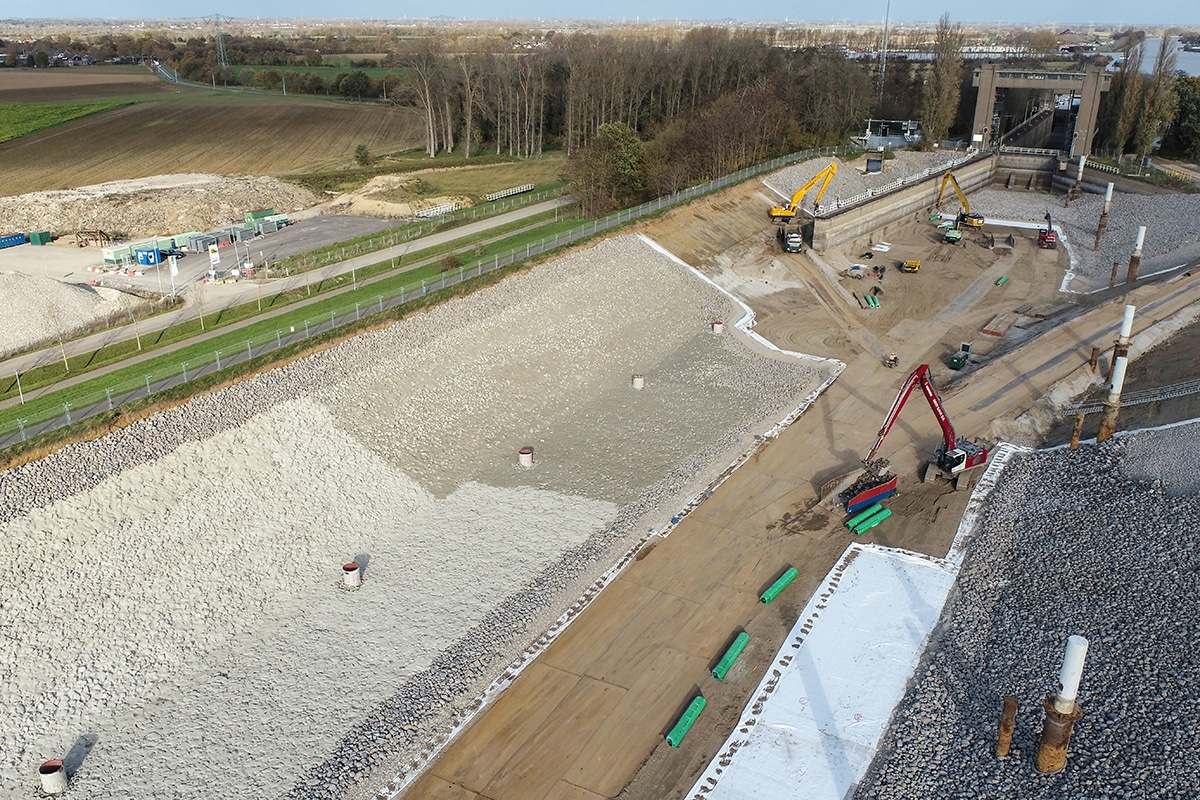
Sustainable, circular earth retaining walls perfect alternative to hardwood in GWW
Barriers, sheet piling and weirs made from discarded cars? Yes, it's really true! Circore is the special answer to the growing demand from water boards, provinces and municipalities for circular, sustainable and affordable earth retaining walls. "Our circular soil barriers fit perfectly into the sustainable future vision of the Dutch governments," says Emil Golshani, international account manager at Circore, part of HKS Scrap Metals B.V.

Waste does not exist
"A lot is involved in a car recycling process," Golshani explains. "Auto Recycling Nederland (ARN) is the organization in the Netherlands that oversees, monitors and facilitates that all end-of-life cars in the Netherlands are recycled according to (European) guidelines. The former ARN plant in Tiel has now been acquired by HKS Scrap Metals, the Netherlands' largest shredding company." At that plant, all shredder waste originating from automobiles from all over the Netherlands is sorted and separated. "With the goal of recycling as high a percentage as possible. After the recycling process, four residual streams remain: metals, minerals (glass/sand), plastics and plastic fibers. The metals and plastics are easy to trade but for the plastic fibers there was limited application for the time being. The GWW turned out to be a suitable outlet for products that can be made with this 'residual material'."
Shoring and sheet piling
The leftover plastics and plastic fibers are pelletized into homogeneous granules (pellets) that serve as the raw material for new products with the brand name Circore. The right mix of recyclate raw materials, with no additives, makes this plastic application enormously strong and extra rigid so that the Circore products made from it will not crack or splinter. In addition, they do not absorb moisture so they do not rot. "All factors that contribute to a very long lifespan of at least 50 years," Golshani continued. "From the pellets, earth retaining walls such as shoring and sheet piling are made by Duvano in Oss." Golshani cites other advantages of the Circore products. "They are low maintenance: in the long run you really don't have to worry about them. Moreover, the products have a very favorable MKI value due to the low CO2-emissions; everything is made in the region and you have few transportation distances compared to hardwood."

Circore is included in the National Environmental Database and DuboCalc (the Sustainable Building Calculator). And SGS Intron has concluded after thorough LCA research that "the emission of all relevant elements is at most 10 percent of the set maximum emission value for shaped building materials. Compared to earth retaining walls made of hardwood, that means a savings of 34 Azobé hardwood trees per kilometer of sheet piling.
Easy to process and cost effective
"But there is more," Golshani says. "The material also provides a huge cost savings of at least 50% compared to hardwood, because of its longevity. Moreover, Circore can be recycled up to six times without any loss of strength of the fibers. We have put together the range to best suit the needs from the GWW sector. The products are available in the same dimensions as would be common with wood, so the step to something new need not be a big one for those processing them. The processing method is also the same: fitting, slot bolting, screwing and tacking: all as one is used to processing and fitting. We deliver quickly and flexibly from stock, which is also seen as a great advantage." Golshani does not find it surprising that over 30% of the water boards now use Circore products." He concludes, "As a producer of the raw material pellets, we are also definitely open to new outlets. So if there are ideas for other applications of this wonderful sustainable and circular raw material, please contact us!"




